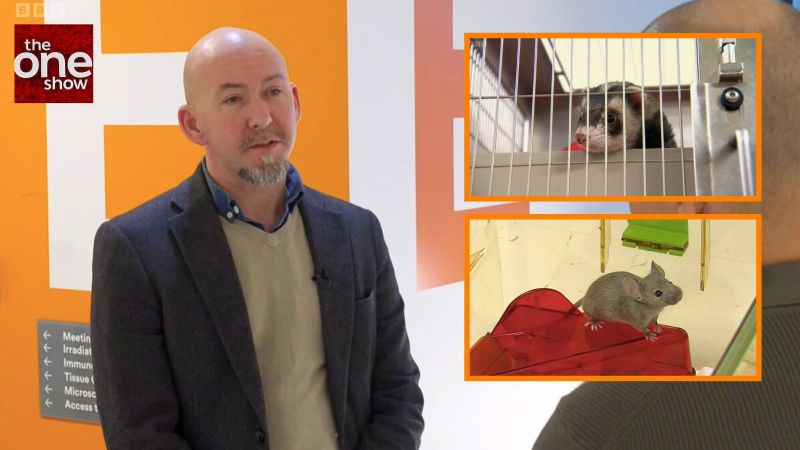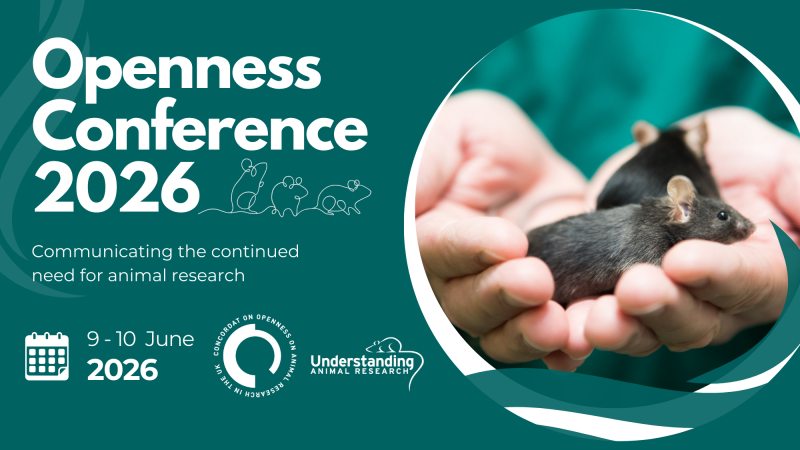
Text to go here...
 By removing a protein that muscles use to convert fuel into energy, the researchers produced a mouse with normal body weight but which did not have enough energy to exercise.
By removing a protein that muscles use to convert fuel into energy, the researchers produced a mouse with normal body weight but which did not have enough energy to exercise.
The mice had no difficulty walking but could not run on a treadmill. The results could explain the difficulties of some obese individuals experience when exercising.
The protein, called PGC-1, is normally boosted when people exercise. This turns on genes that increase fuel storage in the muscle cells. But in obesity sufferers it is thought PGC-1 levels fall. This makes it harder for the cell's 'batteries' (called mitochondria) to convert fuel into energy. Hard work depletes the cells fuel stores and so obese people quickly become tired.
The research also provided unexpected insights into diabetes. The couch potato mice responded normally to insulin, a hormone used to regulate blood sugar levels. Even though they didn't exercise, the mice were not at greater risk of developing diabetes.
It was believed that problems with cell mitochondria caused diabetes, but the new research suggests it may be the other way around: mitochondrial problems may actually be a result of diabetes. The researchers are now investigating what happens when PGC-1 is given in short bursts to replicate what happens when people exercise.
Find out more about diabetes here.
Last edited: 11 January 2022 10:29



